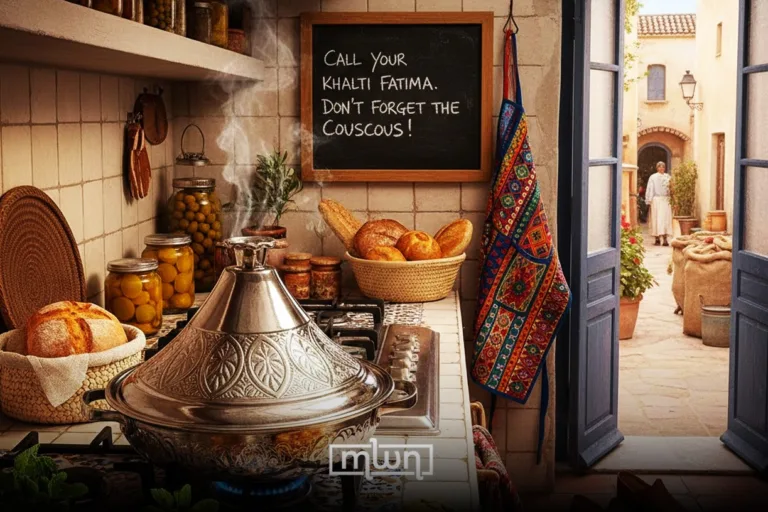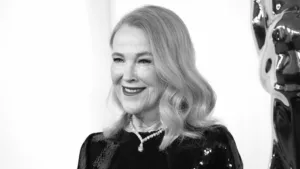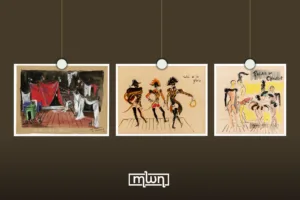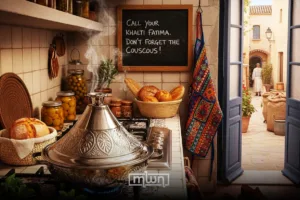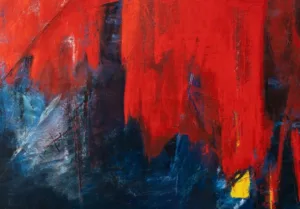Rabat – As October 10 marks Morocco’s national women’s day, there is no better time to shed light on the significant contributions of women who are shaping the artistic landscape today.
One woman, in particular, stands out as she refuses to let go of her mother tongue in her pursuit of international recognition.
The artist in question is Hindi Zahra, a Moroccan-born singer who enchanted audiences with her gentle voice and grace, performing in Amazigh and English, proving that both languages can hold their place in the art.
Her witty lyrics full of wordplay between Amazigh and English never fail to captivate the audience. In 2010, the 43-year-old singer became known for her single “Imik Simik” from her first album “Handmade.” The song featured lyrics in both Amazigh and English.
The release was well received by the general public and opened up opportunities for the musician to gain international recognition.
Proudly Amazigh, the singer did not join the trend of choosing a catchy stage name, rather she merely reversed the order of her birth name to Hindi Zahra.
The songs she produces are famous for her attempts to reconcile modernity with tradition. The first of her lyrics was a cross-over between Amazigh folk music and jazz.
Full of nostalgia for her homeland, Zahra’s songs are all centered around themes of love and self-realization.
Early life in Morocco
Born on June 20, 1979, Zahra Hindi was born to a father serving in the army and to a stay-at-home mother who was a well-known singer in her village and as well as an actress on occasion.
Musical talent runs in her family, with her uncles being part of the post-psychedelic Moroccan music era.
Her taste in music was influenced by Rai and Chaabi artists like Cheikha Rimitti, and the great Egyptian singer Oum Kalthoum as well as traditional Amazigh music, among others.
In 1993, the singer would join her father in Paris at the age of 18, leaving school to work at the Louvre museum.
She calls this experience her encounter with art. “As a child, I was contemplative, in touch with nature. The paintings gave me the same sensations,” the singer said in an interview.
During her time working at the Louvre, Zahra secretly worked at night on melancholic songs and composing melodies for years. “When it comes to music I’m prepared to work long and hard.”
Her love for music and art has helped the artist carve her authentic career in music and produce original songs inspired by a wide range of genres.
When talking about artists that inspire her, Zahra often invokes Aretha Franklin, James Brown, 2Pac, and Tribe Called Quest.
In 2005, the self-taught lyricist and composer produced around 50 songs in just one year. From the collection of songs, two became widely popular, one of which is “Oursoul,” a song full of wordplay, utilizing lyrics that sound like English but are in fact Amazigh.
Read Also: Founder of ‘We Can Morocco’ Benefits from NFL, Green Bay Packers Mentoring


